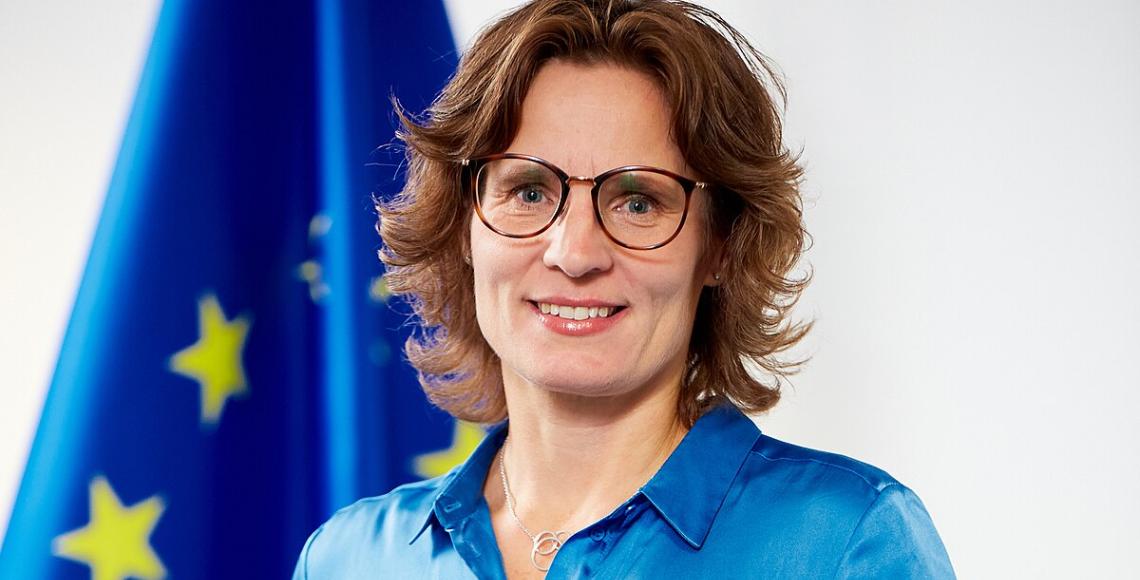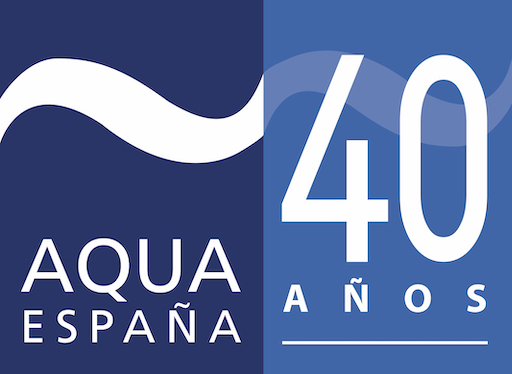La Comisaria responsable de aguas de la CE nos habla de la Water Resilience Strategy

La Comisaria de Environment and Water Resilience de la Comisión Europea destaca lo más relevante de la recién aprobada Water Resilience Strategy de la CE, para asegurar los usos del agua en Europa.
Commissioner Roswall, the publication of the Water Resilience Strategy marks a key milestone of your mandate. In your view, what are the most urgent actions the EU must take in the next 12–24 months to turn this Strategy into tangible results for citizens, businesses, and ecosystems?
We need to put Europe on a water resilient path. We must make a EU water-smart economy. There is no quick fix to solve the water crisis. The strategy is the start – or a guide, if you like – of the journey and our efforts will have to be sustained over the long term. The Strategy contains an ambitious agenda with over 30 flagship actions, many starting in 2025. We urgently have to ensure better compliance with existing legal frameworks. I will very soon launch structured dialogues with Member States to identify how they can better meet EU targets for water quality and quantity. A second priority is tackling pollution from PFAS (forever chemicals) in our water. Here, we offer the private sector a partnership to accelerate research and innovation for cleaning up PFAS. Thirdly, we want to kick-off work on an EU-wide action plan for the digitalisation of the water sector by 2026. I believe Water Europe and its members can play a key role to address these challenges, you have the expertise. Let’s work hand in hand together to meet these challenges head on.
The Strategy places strong emphasis on building a Water-Smart Economy. What role do you see for EU investment tools and the upcoming Multiannual Financial Framework?
The EU has many different financing mechanisms ready to deploy, and a strong record of investing in water infrastructure and the protection of water ecosystems. Cohesion funds will continue to play a significant role going forwards. Between 2021 and 2027, we are directing more than €24 billion to invest in water services. We have proposed extra flexibility to promote investments that secure access to water in a sustainable way. Member States should make use of the available funding as a matter of priority.
We are also launching a new partnership with the European Investment Bank to boost lending for water investments. An additional 15 billion EUR of funding will come from the European Investment Bank’s Water Programme to invest in access to water, pollution control, resilience and competitiveness. We also need to seize this opportunity to unlock private investments to scale up our innovative capacity across Europe.
The negotiations on the Multi-annual Financial Framework are ongoing, and I hope we can seize this opportunity to strengthen support for water resilience through both investment and reforms. Becoming water resilient is an EU priority. We have to invest to become a water resilient and water smart European economy. And it’s also about stepping up our preparedness.
Innovation features prominently in the Strategy both in terms of developing competitive solutions and implementing innovative ones. How will the Commission ensure that smart technologies, nature-based solutions are rapidly scaled across Europe, particularly through programmes like Horizon Europe and regional funding? Could the Water-Oriented Living Labs play a role in this process?
Nature-based solutions and smart technologies are at the heart of this Strategy, and we have to ensure they are embedded in future urban and rural planning.
Under the recast Urban Wastewater Treatment Directive, all EU cities above 100,000 inhabitants should start developing plans that prioritise nature-based solutions. Similar updates to the Water Reuse Regulation and the Drinking Water Directive are also planned.
Research will continue through Horizon Europe, and a new Water Resilience Investment Accelerator will help scale up solutions like natural water retention and managing water more efficiently. It will connect investors, solution providers and local actors, building on existing Living Lab networks. I would also like to draw attention to the coming Water Smart Industrial Alliance and the possibilities in the newly adopted EU Startup and Scaleup Strategy, where smart technologies are prioritised.
Globally, we are supporting nature-based water infrastructure in developing regions. As the world’s leading financier in this area, we intend to boost these efforts even more from 2026.
Finally, how do you see the role of stakeholders such as Water Europe in the implementation phase? What is your message to the wider water community across Europe now that the Strategy is in place?
The EU’s water industry is world leading, and guidance from Water Europe and other industry organisations has been very valuable to shape the Strategy. We have an ambitious agenda with many actions that Water Europe’s members can support, like leak reduction, digitalising and upgrading water infrastructure, and leading the way in research and innovation. I know we can count on your support going forward. Water Europe will hopefully also continue to facilitate and fertilise the cross-disciplinary and cross-sector and even cross-country dialogue on how to make EU a truly water-smart economy acknowledging that water knows no boundaries.
My message to the wider water community is that it will take a collective effort to make this strategy a success. You have the expertise on the ground, and we are providing the enabling framework for the road ahead. Let’s get to work.
Desde AQUA ESPAÑA agradecemos la gestión de WATER EUROPE para realizar esta entrevista que ofrecemos aquí.
Si tu empresa todavía no es miembro de AQUA ESPAÑA, solicita ahora la adhesión.
Estarás +informado, +conectado y tendrás +influencia.
Además, contribuirás a que el sector disponga de una patronal con capacidad para defender los intereses de las empresas privadas y de sus profesionales, a favor del desarrollo técnico y económico del sector que representamos.


